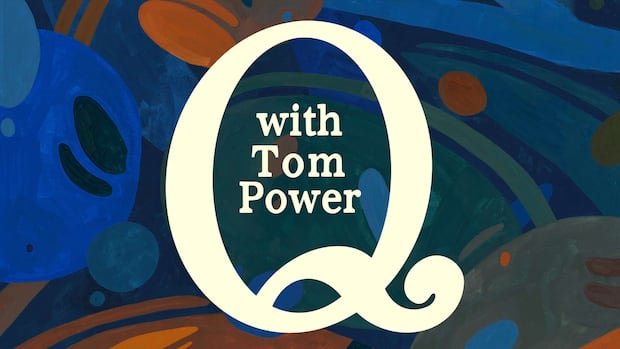
For nearly 15 years, the Canadian pop duo Tegan and Sara Quin have been quietly grappling with an elaborate catfishing scheme that started when Tegan discovered her identity had been stolen online.
The impersonator (whom the sisters call Fake Tegan) started virtual relationships with dozens of fans over social media. They also shared Tegan and Sara’s personal information online, including unreleased demos, photos of their passports and their mother’s medical history.
Now, Tegan and Sara are telling their story publicly for the first time in a new documentary, Fanatical: The Catfishing of Tegan and Sara, which is available on Disney+ in Canada and Hulu in the U.S. In an interview with Q‘s Tom Power, Tegan says she has some regrets about making the film, describing it as “a bit humiliating.”
“It’s gross and embarrassing,” she says about their experience with toxic fandom. “In the film, we briefly touch on it, but there were a lot of these die-hard fans that created an incest fanfiction page where they wrote about Sara and I having a sexual relationship with each other. And then that informs journalist questions. We would go on out and do interviews and people would be like, ‘I’ve heard you guys do incest on stage.'”
In the process of making Fanatical, Tegan and Sara met with several of the victims who had been catfished by Fake Tegan. Many of them admitted that they had gone looking for the band’s personal information online.
“They’d email an email on a Tumblr page that was supposed to be me and then they got tricked into having a relationship,” Tegan says. “I feel horrible for them, it was a violation, but some of these victims were the first to say, ‘Look, I had no business doing that. I shouldn’t have been trying to get your personal information.'”
Other victims refused to believe the truth, insisting that it was the real Tegan they were speaking to online. “They were unable to unravel that,” Tegan says. “A lot of these victims went online and accused me of nefarious behavior [and] grooming underage fans…. It was hard to have those conversations with people, to be like, ‘Yeah, you’re a victim, but then also, you victimized me.'”
We think of it as almost like digital bedbugs. We’ve never really been able to get rid of this person.– Sara Quin
Though only Tegan’s identity was stolen, Sara was also affected by the scam, as the catfish used her personal information as “proof” to lure in victims. “It wasn’t just about Tegan’s life,” she says. “It was also my life. I was on the road with Tegan 200-plus days a year.”
The sisters have sought out solutions to protect their identities online, such as regularly changing their passwords, creating multiple new email accounts and consulting a security specialist, but nothing has worked.
“Now we just live with it,” Sara says. “We think of it as almost like digital bedbugs. We’ve never really been able to get rid of this person or these people from our lives.”
But the elaborate catfishing scheme that’s haunted Tegan and Sara for the past 15 years isn’t unique to them — it could happen to anyone, especially as sharing personal information on social media becomes more normalized.
“This is really weird to say, but one thing that’s heartening is that I used to think this was a celebrity problem,” Sara says. “The reality is that we are all facing this now. Everybody take a beat and ask yourself if you would feel good about the thing that you’re saying or doing. Is it productive? What do you hope the outcome is? Every celebrity, every politician, every athlete, every kid in your class, every parent you meet in the grocery store, we are all just human beings.”
The full interview with Tegan and Sara is available on our podcast, Q with Tom Power. Listen and subscribe wherever you get your podcasts.
Interview with Tegan and Sara produced by Cora Nijhawan.



